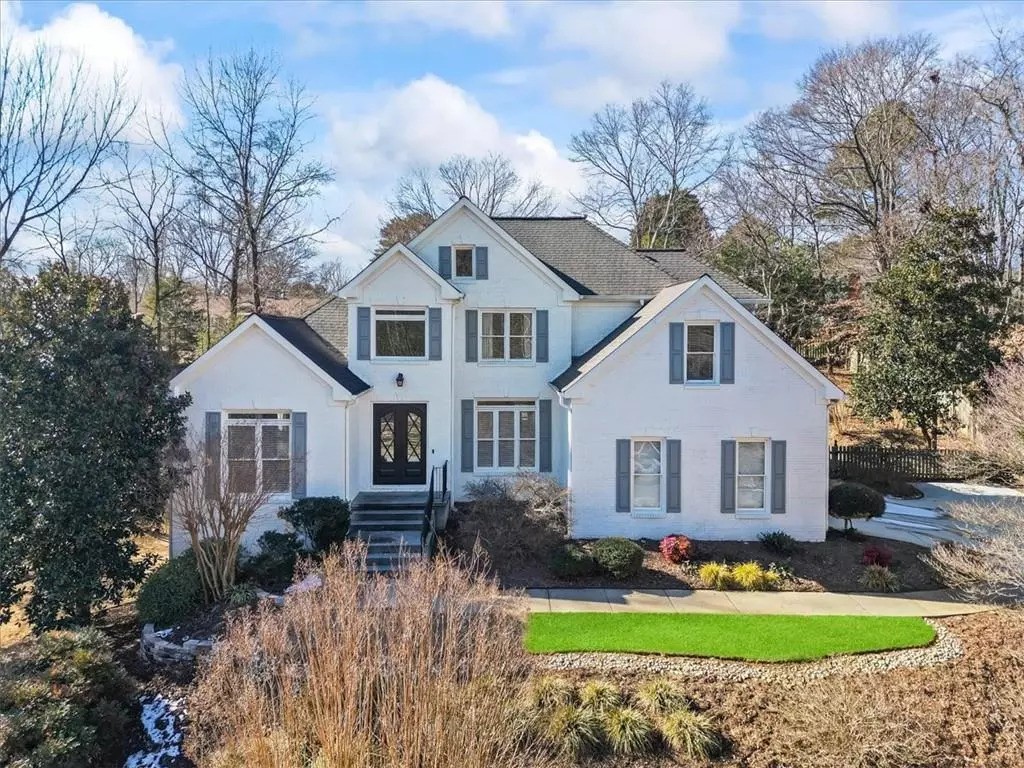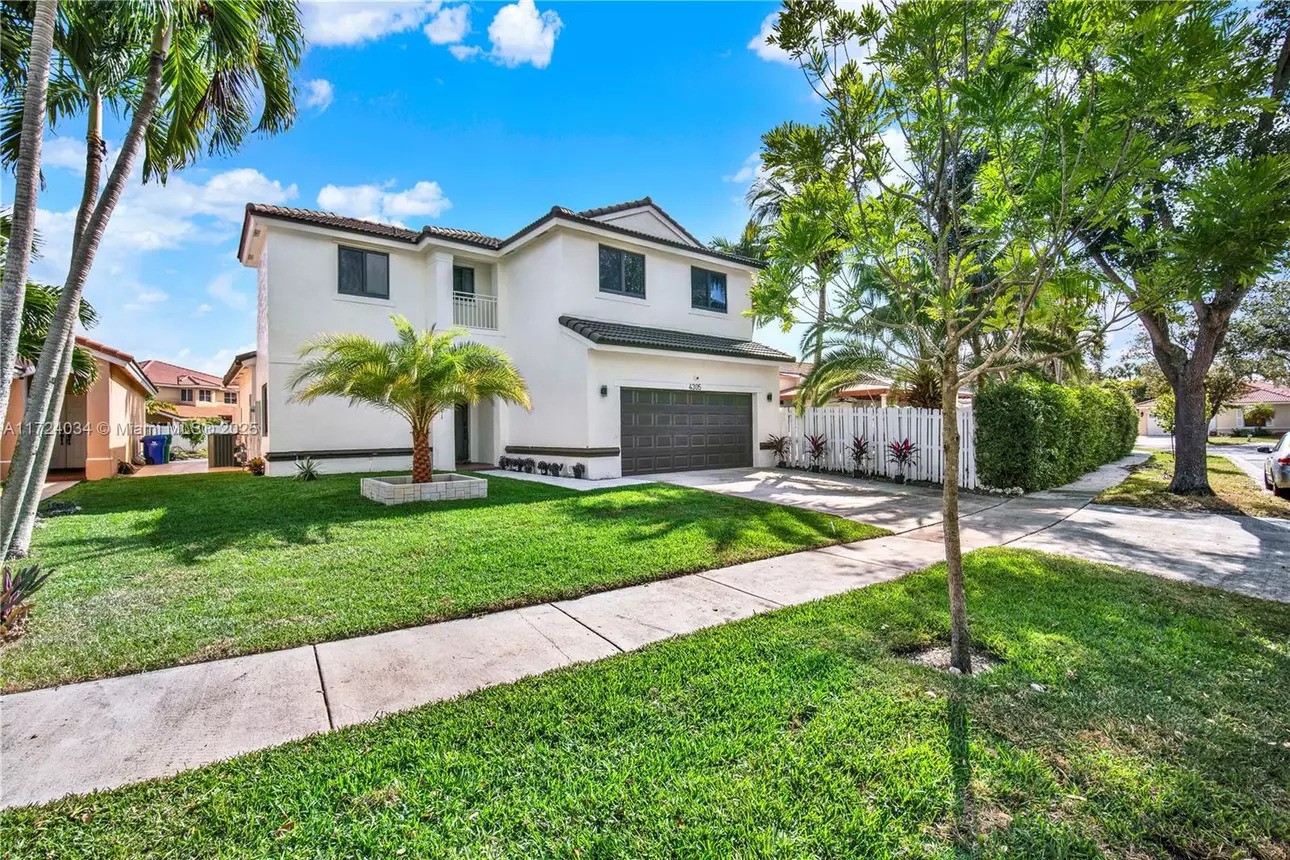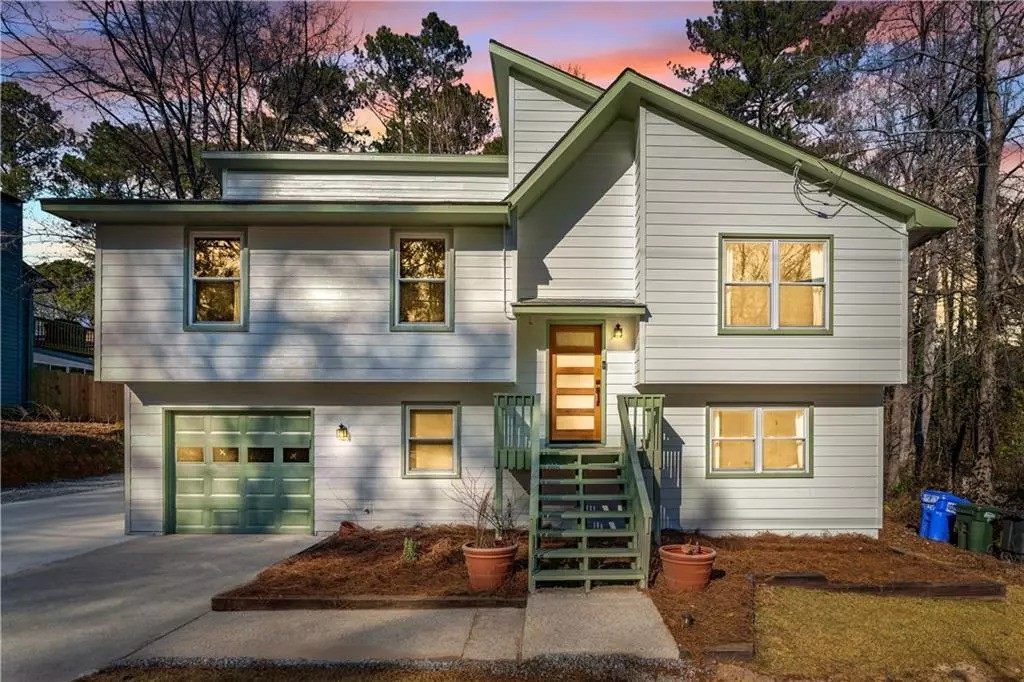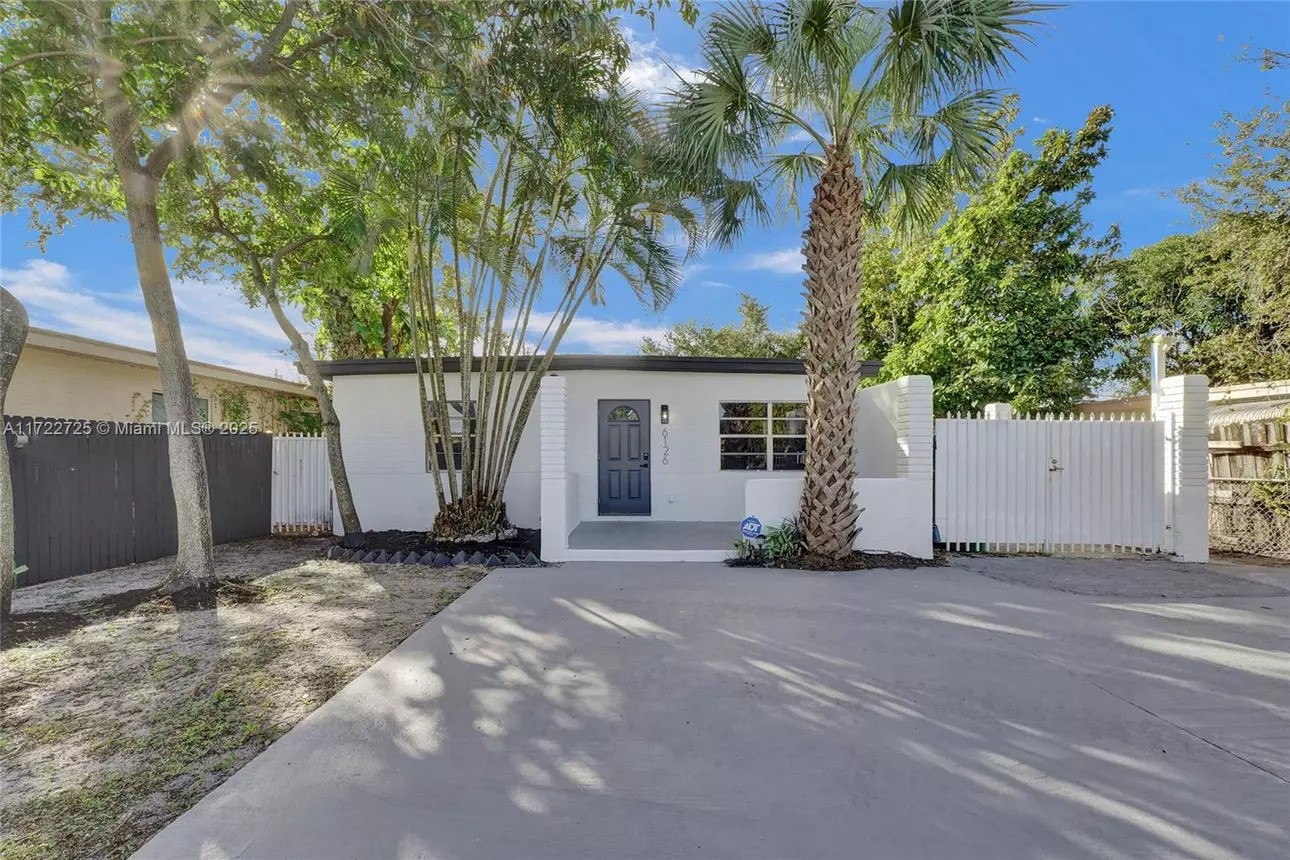
How to Find the Perfect House in Atlanta for Your Family
Welcome to our blog where we will help you navigate the exciting journey of finding the perfect house for your family in Atlanta! As one of the most vibrant and diverse cities in the United States, Atlanta offers a wide array of neighborhoods and housing options to suit different lifestyles and pre

How to Stage Your House for a Quick Sale in Atlanta
When it comes to selling your house in Atlanta, staging can make all the difference in attracting potential buyers and securing a quick sale. A well-staged home showcases its best features, creates a welcoming atmosphere, and helps buyers envision themselves living there. In this blog post, we'll g

The Ultimate Guide to Buying a House in Atlanta
Whether you're a first-time homebuyer or looking to relocate to the vibrant capital of Georgia, we've got you covered. Atlanta offers a great mix of delightful neighborhoods, diverse cultures, thriving job opportunities, and a bustling real estate market. So, let's dive in and discover everything y

Buying a Starter Home Is Now Cheaper Than It Was a Year Ago in Atlanta Real Estate
The real estate landscape in Atlanta has become more favorable for first-time homebuyers over the past year. As the prices for starter homes decline and mortgage rates decrease, the financial barriers to homeownership have softened. This blog explores the current state of the market, key statistics
Categories
Recent Posts










